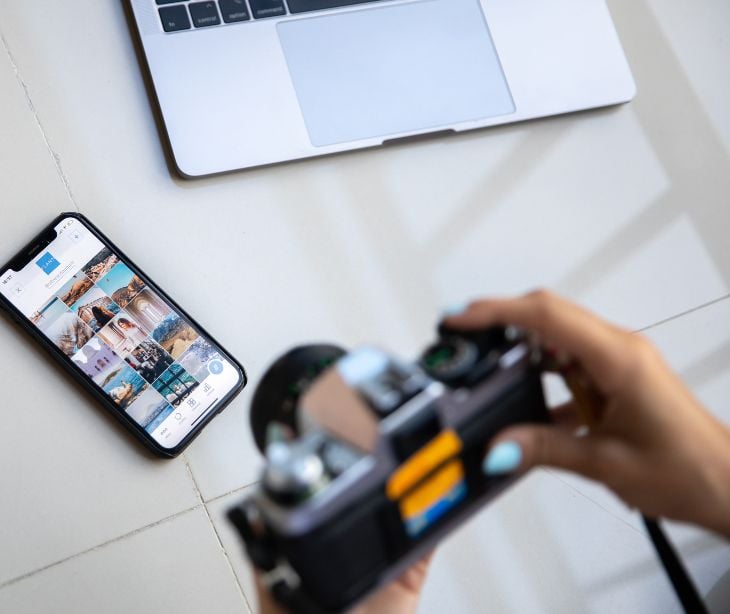
Recording surgery without patient consent is a violation of HIPAA regulations. However, a violation can be avoided by complying with HIPAA guidelines to protect patient privacy and confidentiality.
The implications of HIPAA violations in the context of surgical recordings
According to guidance on recordings in clinical settings provided by Yale, “Photography, video, and audio recordings (collectively recordings) have the potential to violate patient privacy and interfere with patient care.”
Violations of HIPAA in the context of surgical recordings carry implications. Firstly, they expose healthcare providers to legal repercussions, including hefty fines and potential litigation. HIPAA violations suggest a breach of patient confidentiality and privacy, leading to a loss of trust between patients and healthcare providers. This erosion of trust can have a broader impact on the reputation of the healthcare institution involved, damaging its public image and credibility. These violations may also prompt regulatory investigations, resulting in increased scrutiny and possibly stricter regulations for the institution.
HIPAA’s requirements for recording surgeries
The requirements for recording surgeries under HIPAA are derived from HIPAA's Privacy and Security Rules. These rules are designed to protect the privacy and security of individuals' health information while allowing the flow of health information needed to provide high-quality health care.
- Obtaining informed consent: This ensures that patients are aware of and agree to record their surgery, aligning with the ethical principle of respecting patient autonomy.
- Explaining the purpose and use of the recording: Patients have the right to know how their protected health information (PHI) will be used, ensuring transparency in healthcare practices.
- Protecting the confidentiality of recorded data: HIPAA mandates safeguarding PHI from unauthorized disclosure and maintaining the trust in the patient-provider relationship.
- Secure storage of recordings: This prevents unauthorized access, loss, or theft of PHI.
- Limiting access to recordings: By allowing only those with a legitimate need to access these recordings, HIPAA ensures that PHI is not misused or disclosed improperly.
- Using recordings only for stated purposes: This requirement prevents the misuse of PHI for purposes other than those consented to by the patient, such as research or training, unless additional consent is obtained.
- De-identifying recordings if necessary: Removing identifiable information from recordings minimizes the risk of patient identification if the data is used for secondary purposes like research or education.
See also: Is posting on social media a HIPAA violation?
Ethical considerations for recording surgeries
The ethical landscape for recording surgeries is complex, rooted in the need to balance technological advancements with the foundational principles of medical ethics. Informed consent is more than a procedural formality. It acts as an exercise in respecting patient autonomy, where patients must understand that their surgery is being recorded and why it's being recorded. This process underscores the ethical principle of beneficence – acting in the patient's best interest.
However, recording surgeries brings inherent risks to patient privacy, requiring stringent adherence to confidentiality norms and legal standards like HIPAA. This isn't just about legal compliance; it's about upholding patient and healthcare provider trust.
Furthermore, deciding to record a surgery isn't solely a matter between patient and surgeon. It involves a broader spectrum of considerations including the impact on surgical team performance and dynamics. The presence of recording equipment might alter behavior, potentially affecting the surgical outcome. Ethically, it's necessary to weigh these factors against the potential benefits of recording, such as advancing surgical techniques and training.
In this context, professional responsibility extends beyond the mere act of recording. It involves ensuring that the recorded data is handled with the same care and respect as any other sensitive patient information. This extends to considerations of how these recordings are stored, who has access to them, and how long they are retained.
See also: HIPAA Compliant Email: The Definitive Guide
FAQs
What is the difference between consent and authorization?
Consent involves agreeing to general medical treatment under standard conditions, whereas authorization is a specific agreement for the release and use of personal health information under HIPAA.
Why is it unethical to record patient surgery without consent?
Recording a patient's surgery without consent is unethical because it violates the patient's privacy rights and undermines their autonomy and trust in medical professionals.
Is the video or image considered PHI?
Yes, a video or image that can identify a patient and relates to their health care is considered PHI.
Subscribe to Paubox Weekly
Every Friday we bring you the most important news from Paubox. Our aim is to make you smarter, faster.




